This morning, I printed off and read June Jordan’s essay “Report from the Bahamas, 1982.” The essay combines personal narrative and cultural criticism to examine why solidarity — real, substantive, active solidarity — is so rare, even among people with shared interests. It’s moving to read into Jordan’s thinking process as she attempts to parse her experiences from as many angles as she can muster. The ferocity of her intelligence and deep wisdom are clear from the very beginning and AND YET, she also enthusiastically embraces and makes space for what she doesn’t know.
I refuse to reduce her essay to sound-bytes, but, just as an example of her writing’s power, I wanted to share this paragraph:
“It occurs to me that much organizational grief could be avoided if people understood that partnership in misery does not necessarily provide partnership for change: When we get these monsters off our backs, all of us may want to run in very different directions.”
Jordan, a poet and brilliant Black feminist thinker, understood that there is incredible value in sitting with difficult, surprising questions. Rather than wearing a posture of false surety, or constantly rushing to the first available answer, she dwells in the uncertainty and mines that richness.
I’m always inspired by her work, but reading this particular essay this morning really opened something up in me and I just had to share it with y’all.
Also, if you’d like to learn more about June Jordan herself, this essay by Doreen St. Félix is a great starting point.




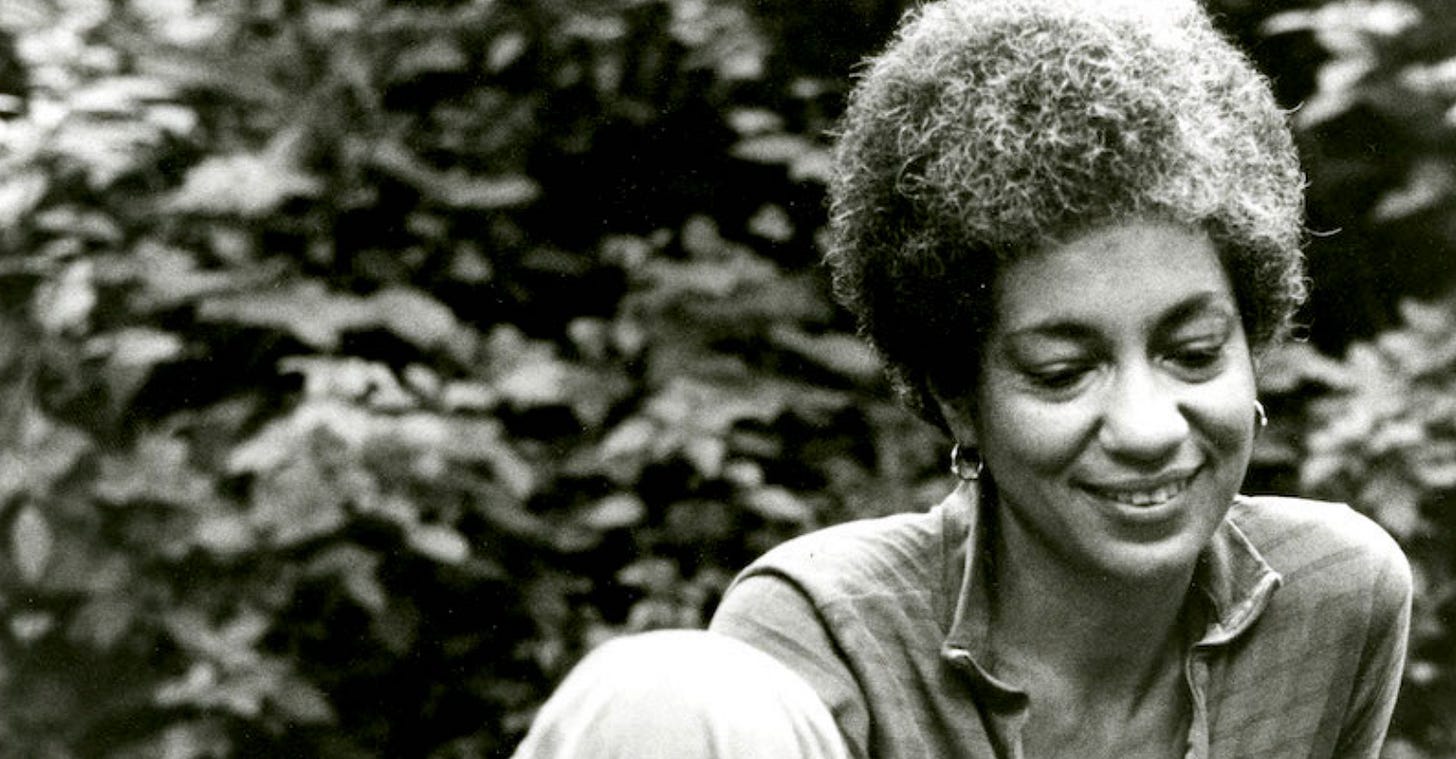




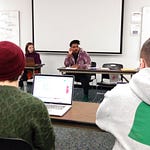

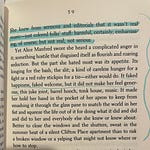
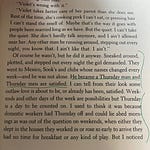
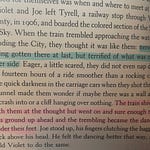
Share this post